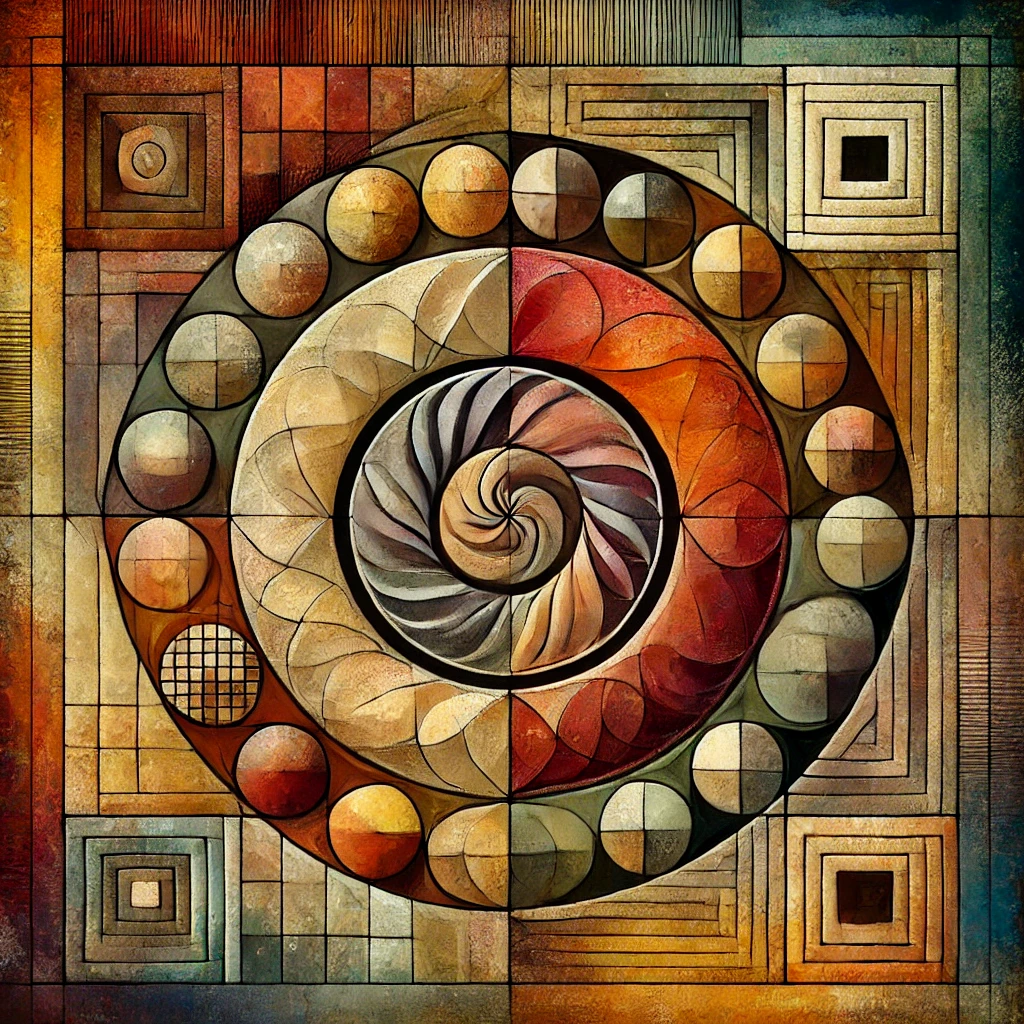When we look deeply into our inner lives, we find patterns that seem to shape our behavior before we have a say in it. A word, a gesture, a situation might stir something within us—something old, emotional, and hard to name. In Jungian psychology, these are known as complexes.
A complex is not a pathology. It is not a flaw. It is, in fact, one of the natural building blocks of the psyche. Complexes are emotional patterns formed through personal experience and anchored in deeper archetypal ground. They are the psyche’s way of carrying our history, our longings, and our wounds in living form.
In my own work, I have come to appreciate how these inner patterns are not obstacles to be conquered, but sacred presences to be listened to. A mother complex may carry the entire history of how we have been held—or not held—in the arms of care. A power complex might show us how we learned to exert control when we felt powerless. Each complex tells a story. Each is a carrier of soul.
Dr. Ken James, a deeply learned and warm-hearted Jungian analyst, offers a beautiful course on this topic at the Jung Platform. With clarity and depth, he invites us to see how complexes are rooted in archetypes—the universal patterns that shape human life. Where the complex is personal, the archetype is shared. Together, they form the web of our inner world.
What I find most healing about this approach is that it does not split us into good and bad, light and dark. Instead, it welcomes all parts of us into the room. Even the parts we usually keep in the basement of the soul. Especially those.
Jung was clear that the goal is not to rid ourselves of our complexes. That would be like trying to rid the body of its bones. Complexes give form to the psyche. The healing move is not to eliminate them, but to bring them into relationship. To recognize when we are caught in a pattern and to ask—gently, curiously—what story is being told here?
When we are gripped by a complex, we may feel as though another part of us has taken the wheel. In those moments, we are not quite ourselves. Or rather, we are not the ego self we usually identify with. Jung called this possession, but not in a moral or fearful sense. Rather, it is the reality that psyche is made of many selves, and sometimes a part that has gone unheard steps forward with force.
This is why Jung encouraged us to treat the psyche with reverence. Not as a machine to be fixed, but as a sacred text to be read with care. Dreams, images, emotions, even symptoms—these are the language of the soul. Complexes speak in that language. And when we listen, they can become teachers.
One of the most profound aspects of Ken James’ teaching is his emphasis on the relational nature of this work. We do not analyze our psyche from a distance. We enter into dialogue with it. We create space. We slow down. We attend to images. We let them unfold over time.
In this way, a complex becomes less of a trap and more of a path. We see its shape. We understand its origin. And sometimes, we can even touch the archetype at its core—the timeless pattern it is expressing through our very human story.
For example, someone who finds themselves repeatedly in relationships where they feel abandoned may be carrying an abandonment complex. This pattern, while painful, holds wisdom. It is not just about early loss. It may be the soul’s way of engaging the archetype of the orphan. And that archetype carries not only sorrow, but also resilience, belonging, and the longing for home.
The psyche does not waste anything. Even our most difficult patterns carry psychic energy—what Jung called libido. When we bring awareness to a complex, we free up some of that energy. We can use it for healing, for creativity, for love.
But this work is not quick. It is a slow, soulful unfolding. We are not here to conquer the psyche. We are here to accompany it. To let it show us its images. To stay with them. To wonder. To tend.
We are all complex creatures. And that is a beautiful thing. In fact, the more we understand our inner multiplicity, the more compassion we can have—for ourselves and for others.
If you are drawn to this kind of soulful inner work, I encourage you to spend time with Ken James. He is not only a seasoned Jungian analyst with deep training in psychology, theology, and music. He is also a wise and compassionate guide who knows how to walk with the mysteries of the soul.
The invitation here is simple: Bring curiosity to your inner life. Notice the patterns that move through you. Be gentle with what you find. Let the psyche reveal itself in its own time.
In the end, it is not perfection we are after, but wholeness. And the path to wholeness often begins in the very place we most want to avoid.
It begins, again and again, in the complex.
Tim – Soulful Nuggets Team
This blog is a reflection on the course ‘Complexes and Archetypes‘ taught by Ken James .





